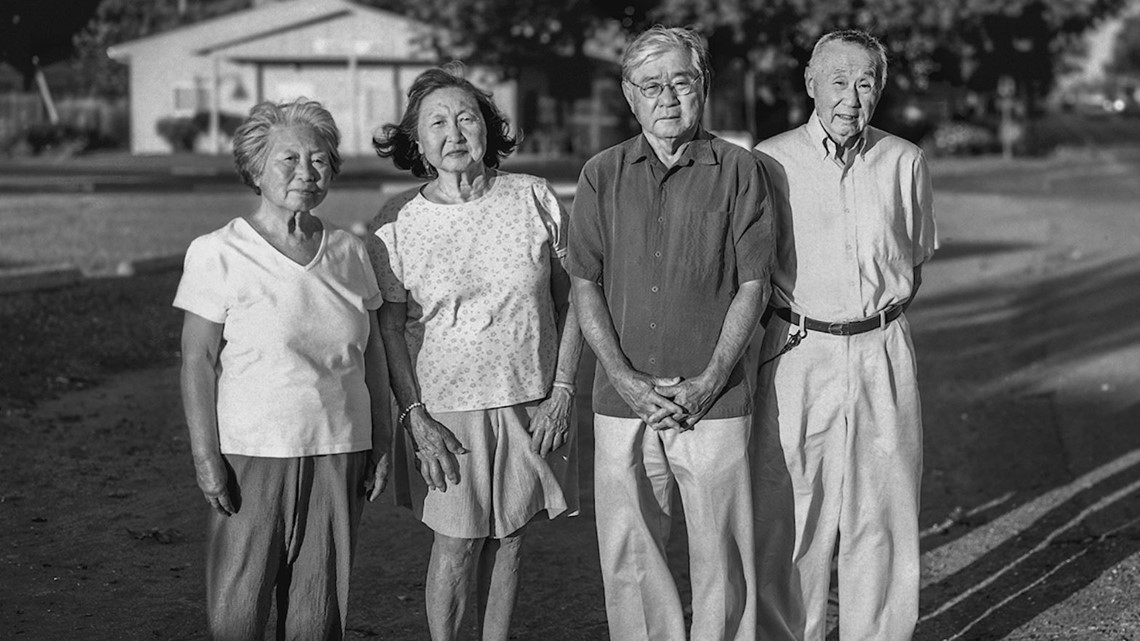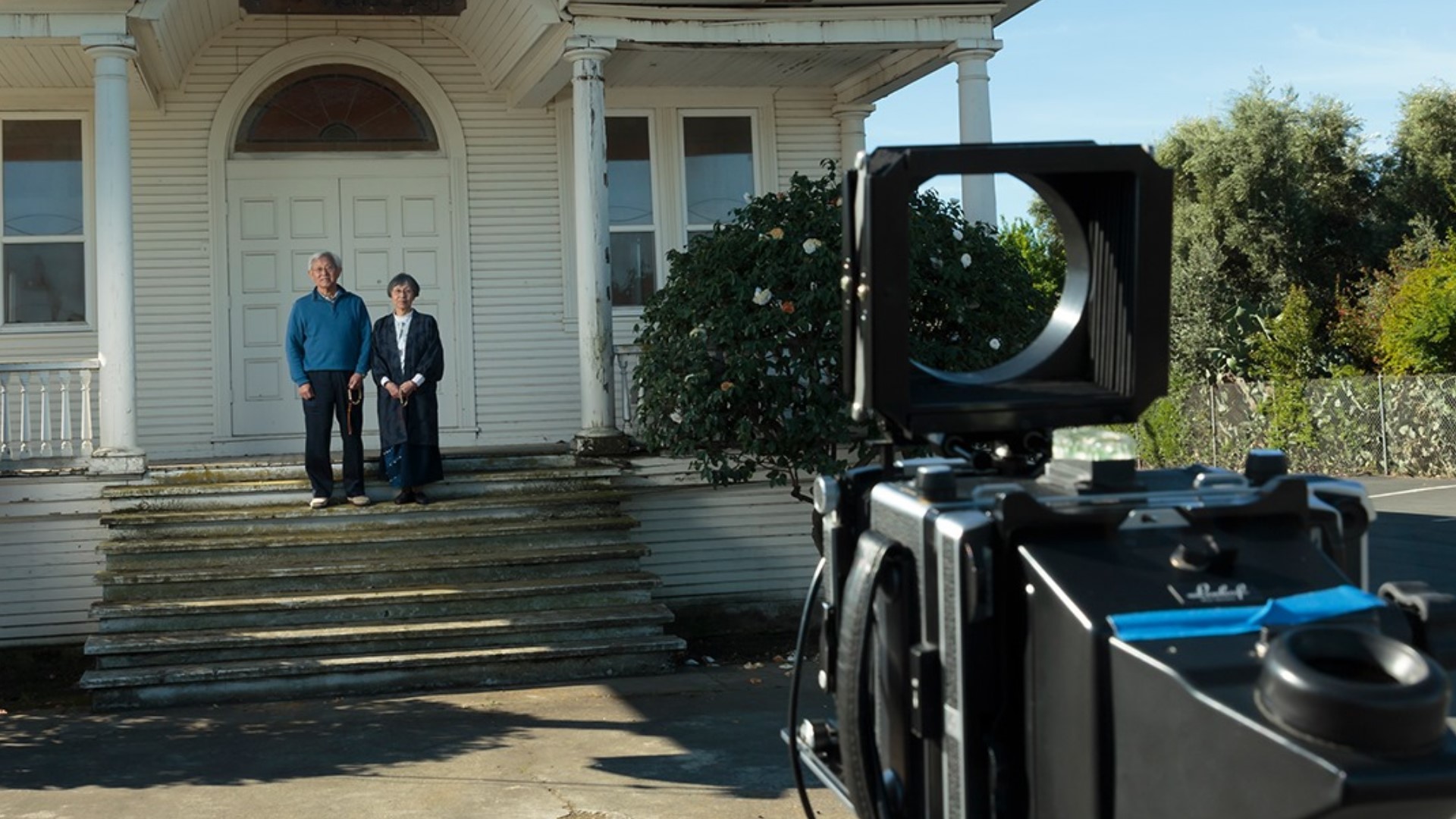SACRAMENTO, Calif. —
Sacramento Bee Pulitzer Prize-winning photographer Paul Kitagaki Jr. and his family were forced to relocate to an internment camp during World War II. Now, he spends his time photographing some of the camp's original subjects or their direct descendants.
Kitagaki's documenting the stories of survival in a traveling exhibit and a book called, 'Behind Barbed Wire: Searching for Japanese Americans incarcerated during World War II.'
"Besides having the exhibit, I thought it was so important to have a book," said Kitagaki. "You needed a tool or some kind of thing where people could share these stories."
Kitagaki says he was shocked to learn famed documentary photographer Dorothea Lange took pictures of his grandparents and father preparing to board a bus in Oakland to a World War II incarceration camp.
Lange also snapped a photo of a little Lester Ouchida. Kitagaki features a then and now photo of 83-year-old Ouchida and his siblings in his book.


"We were incarcerated for our names and what we looked like," said Ouchida. "I was four when I went in. I was 7-and-a-half when I got out. I didn't experience a lot of bad memories, but my oldest brother who was of high school age said he didn't enjoy a single day of his camp life."
Ouchida visited the camp in February 2020 when, for the first time in 78 years, California apologized to the survivors of Japanese internment camps and their families.
"We gathered every morning and raised the American flag in the camp and pledged allegiance to the flag of the United States of America. How bittersweet. Sweet in that we are still loyal to our country, but bitter in that we're behind barbed wire," said Ouchida. "I always think, damn, I'm as American as anybody. I love American movies. I love football, basketball, I watched the Kings last night."
Ouchida is concerned about the current racial climate, and he doesn't want the country to repeat the mistakes of the past. That's why Ouchida says he's so thankful for the work of talented photographers like Paul Kitagaki Jr. He appreciates Kitagaki's determination to shine a spotlight on a dark time in our nation's history.
Kitagaki is on a mission to share other stories, and he needs the public's help. Do you have a family member or know of someone who survived this dark time in our nation's history? Paul wants to hear from you. You can contact him at Kitagakiphoto.com.
In 1915, Chinese people could not own land in the U.S., so they leased it from a man by the name of George Locke. Today, the town of Locke is a historic district and a part of the U.S. National Park Service.



















